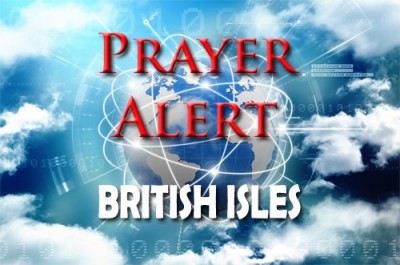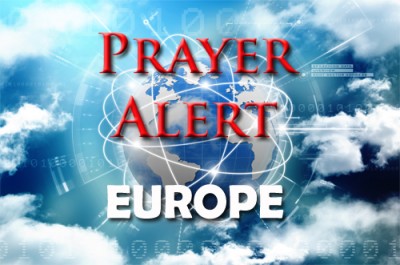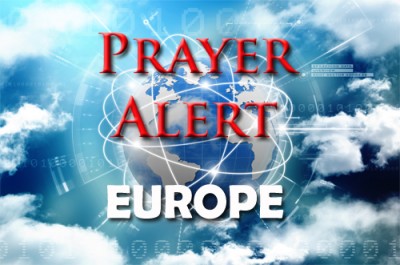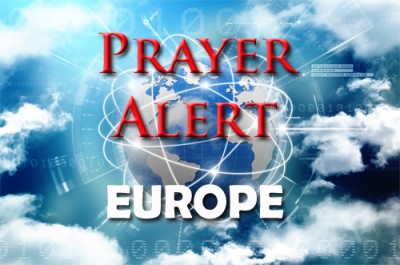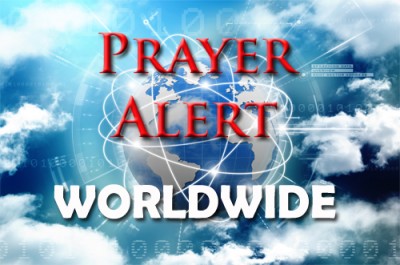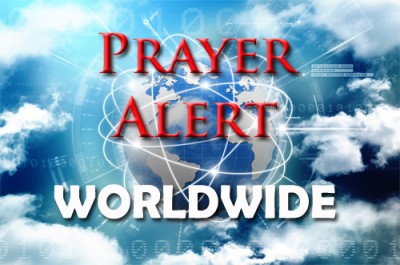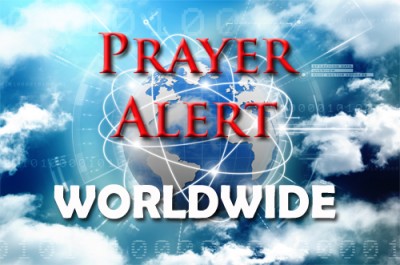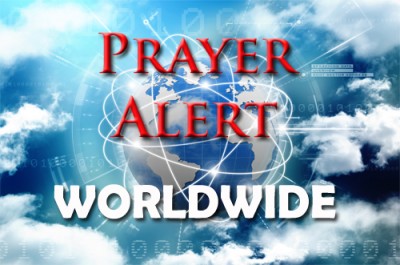Covid antibody test a 'positive development'
14 May 2020A blood test to find out whether people have been infected with coronavirus in the past has been approved by Public Health England, a ‘very positive development’. The test looks for antibodies to see if a person has already had the virus and might now have some immunity. Until now, officials have said such tests are not reliable enough. The government previously spent £16m buying antibody tests which proved to be ineffective. This test is the first one to offer serious potential. Experts at Porton Down evaluated the test and found that if someone had been infected, it gave the correct result 100% of the time. And if someone had not caught coronavirus, then it gave the correct result in 99.8% of cases.
France: medical smuggling networks
14 May 2020Smuggling networks have been trying to take advantage of the rush to buy medical supplies - including face masks - to tackle the coronavirus epidemic. By the end of April, French police had dismantled a number of such networks, stopped scams and attempted scams to the value of over €30 million, and seized 438,000 masks. In addition, 5.7 million masks ostensibly ordered on the internet have been the subject of a scam or attempted scam. While the crisis has shown the best of ourselves and enabled exceptional acts of solidarity, it has also been an opportunity for some to try to take advantage of the situation, to exploit fear of the disease.
Safety first
14 May 2020Three frontline health care workers have mysteriously fallen out of hospital windows in Russia recently, heightening public attention to the working conditions for medical staff. The incidents reflect the stress doctors are under in ill-equipped hospitals where medical workers are getting sick or dying: see Many healthcare staff are scared to complain publicly about working conditions. The UK media claimed 400,000 PPE sent from Turkey failed to meet UK safety standards, with gowns not ‘of the quality good enough for front-line staff'. As France extends emergency measures until 24 July, passengers travelling on Eurostar from the UK will have to wear a face mask or face covering, in line with guidelines from the French and Belgian governments.
Ukraine: anti-Semitism
14 May 2020Ukraine’s police demanded that the Jewish community of Kolommya provide them with a list of all members of their community and of Jewish students, with addresses and phone numbers. The demand was made to the head of the community, Jacob Zalichker, who said he would only comply when presented with a court-ordered warrant for the information. Joel Lion, Israel’s ambassador, brought the document to the attention of Ukraine’s president and two different ministries. He said, ‘I received phone calls from the highest officials of Ukraine strongly condemning this act of anti-Semitism. We will work together to improve education for the police about anti-Semitism’. Ukraine’s first Jewish president, Volodymyr Zelensky, was elected last year.
East Africa: triple tragedy
14 May 2020Torrential rains causing floods and landslides displaced 100,000 people and killed about 200 in Kenya. Floods destroyed 8,000 acres of crops, and the extreme rainfall will continue until the end of May. In Uganda, a river burst its banks, causing people to flee for safety. The waters of Lake Victoria have risen to unprecedented heights, forcing shoreline communities to abandon their homes. Rwanda, too, has seen houses, roads, and crops destroyed, and many killed by mudslides. At the same time, trillions of locusts have descended on the region. They can travel over 100 miles a day. There are 18 separate swarms in Kenya at present, and weather conditions are expected to favour breeding, so that a third generation could hatch in June and July. Added to these two tragedies, coronavirus is spreading among huge numbers of displaced people and closed borders are delaying delivery of pesticides to locust-affected areas.
China: worshippers dragged from church
14 May 2020The Xingguang house church refused to join the government-sanctioned Three-Self Patriotic Movement. On 3 May security officers burst into a house church gathering for worship. The men who were guarding the door were pinned down, and worshippers were forcefully dragged away. Calling the meeting illegal, the officers demanded that church members stop recording with their cell phones and then confiscated them. However, a short video clip has been made available Throughout the proceedings no warrant was presented. Some Christians were injured and one was hospitalised. Six of the worshippers were detained for several hours. The authorities issued an order officially banning their church gathering. Pray that the members of this church will find ways to continue encouraging one another and grow stronger in their faith.
Canada: day of prayer for the harvest
14 May 2020Canadian intercessors have invited the nations to join them in an online seven-hour prayer meeting to pray for the mobilising of the Church into the Great Commission as we emerge from the coronavirus restrictions. Numerous Canadian ministries and churches are linking arms to sponsor this full-day initiative. Prayer will be led by a wide variety of teams of senior leaders from across Canada, but every voice joining in and participating adds powerfully to the whole. This day of prayer will be on 21 May, Ascension Day, remembering when Jesus gave His disciples the Great Commission, the mandate that has burned in the heart of the Church ever since.
Palestine: women and coronavirus
14 May 2020A woman leads the fight against coronavirus in the Palestinian territories, while at the same time it has brought more violence and suffering to women. Umm Iyad travels to the northern West Bank to follow up on emergency procedures as part of the efforts to stem the outbreak of coronavirus. She has been heading the village council since 2017, and is now head of the emergency committee. She is also working on a community initiative to cultivate land and grow vegetables to achieve self-sufficiency for the villagers. However, during lockdown, statistics showed social workers across the Palestinian governorates have been dealing with increased victims of domestic violence. 40% of women have been subjected to emotional and mental abuse, and 31% to physical abuse. 60% of the victims have fled their houses, and 21% attempted suicide.
